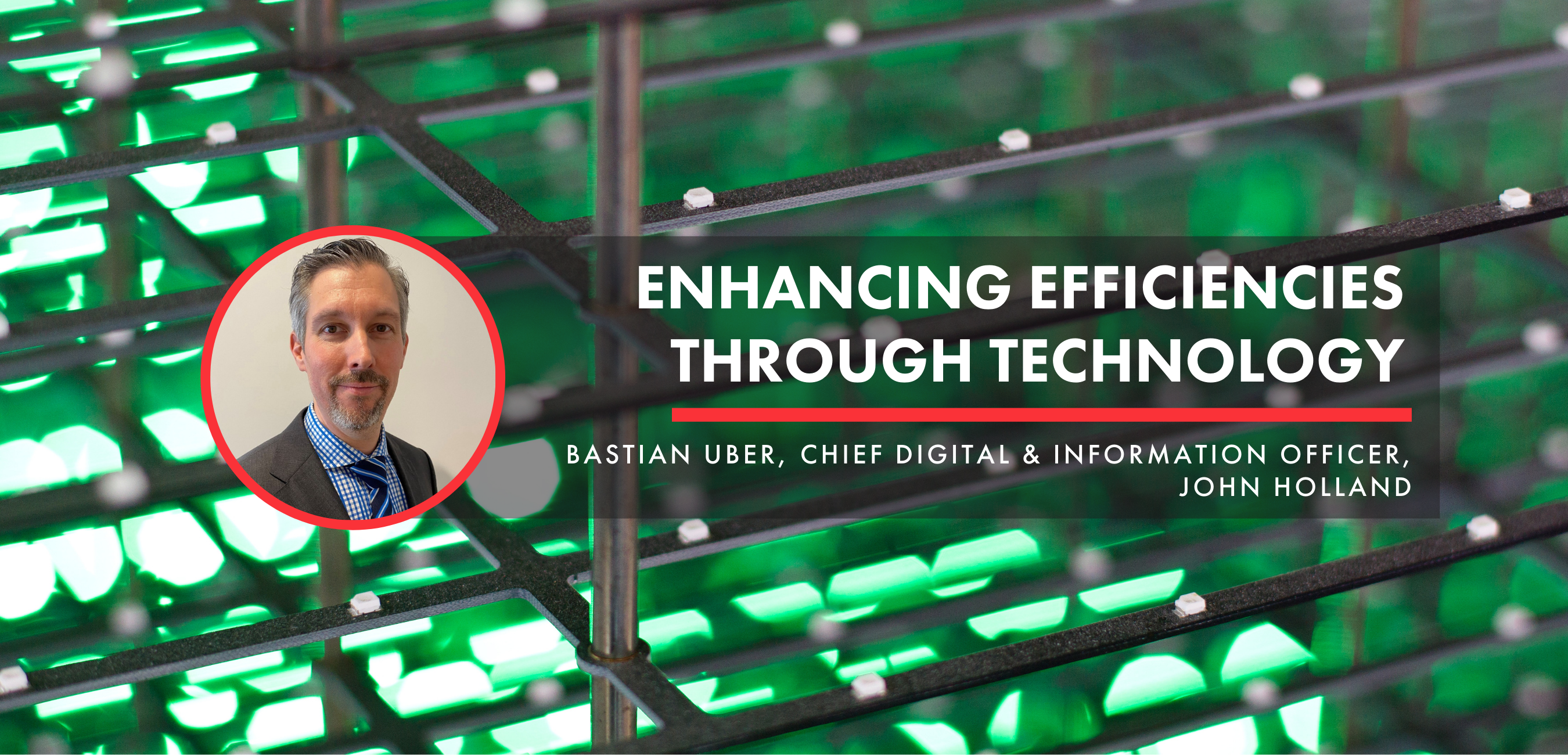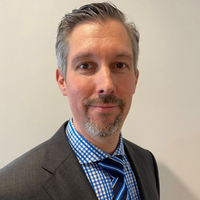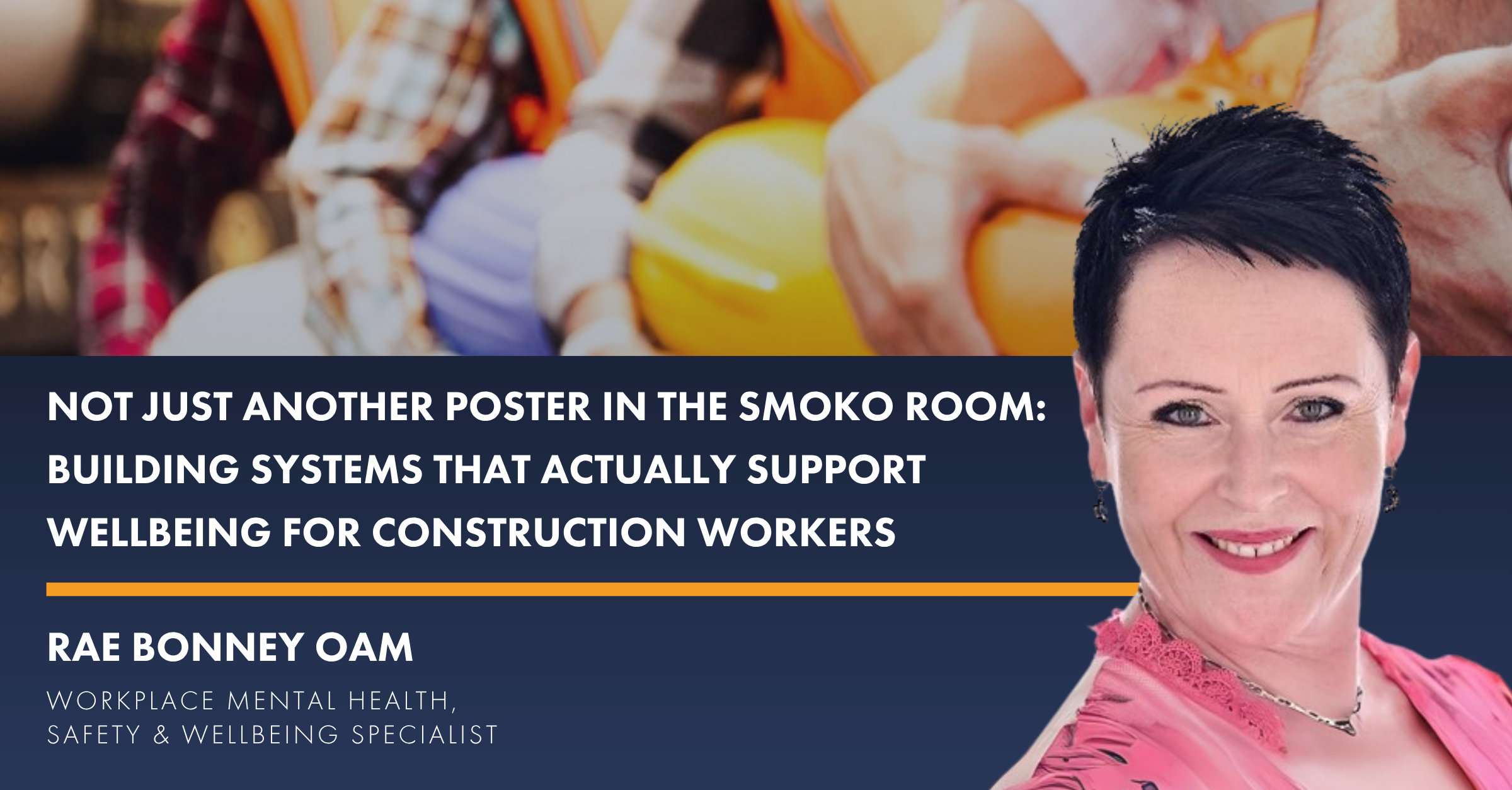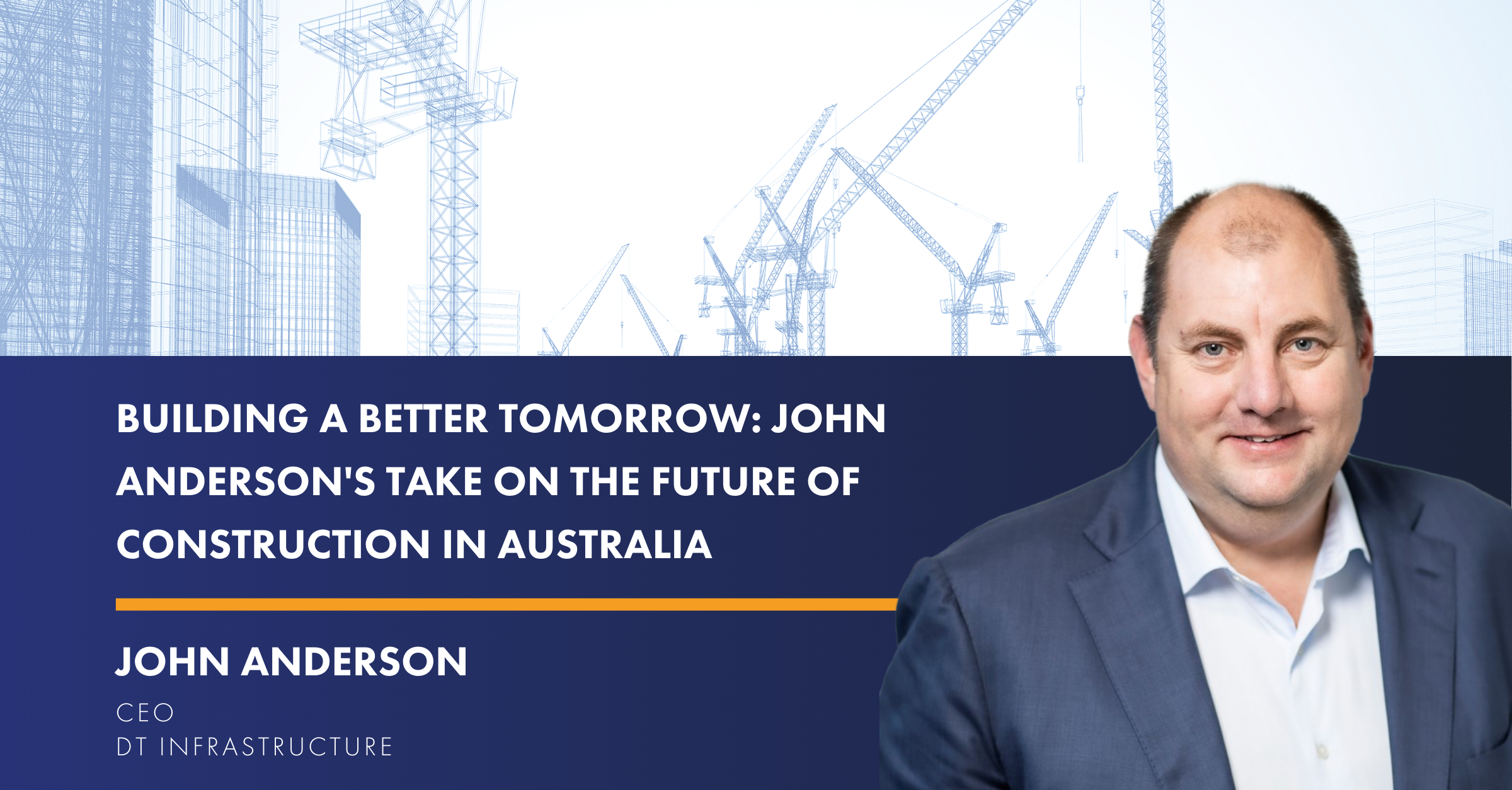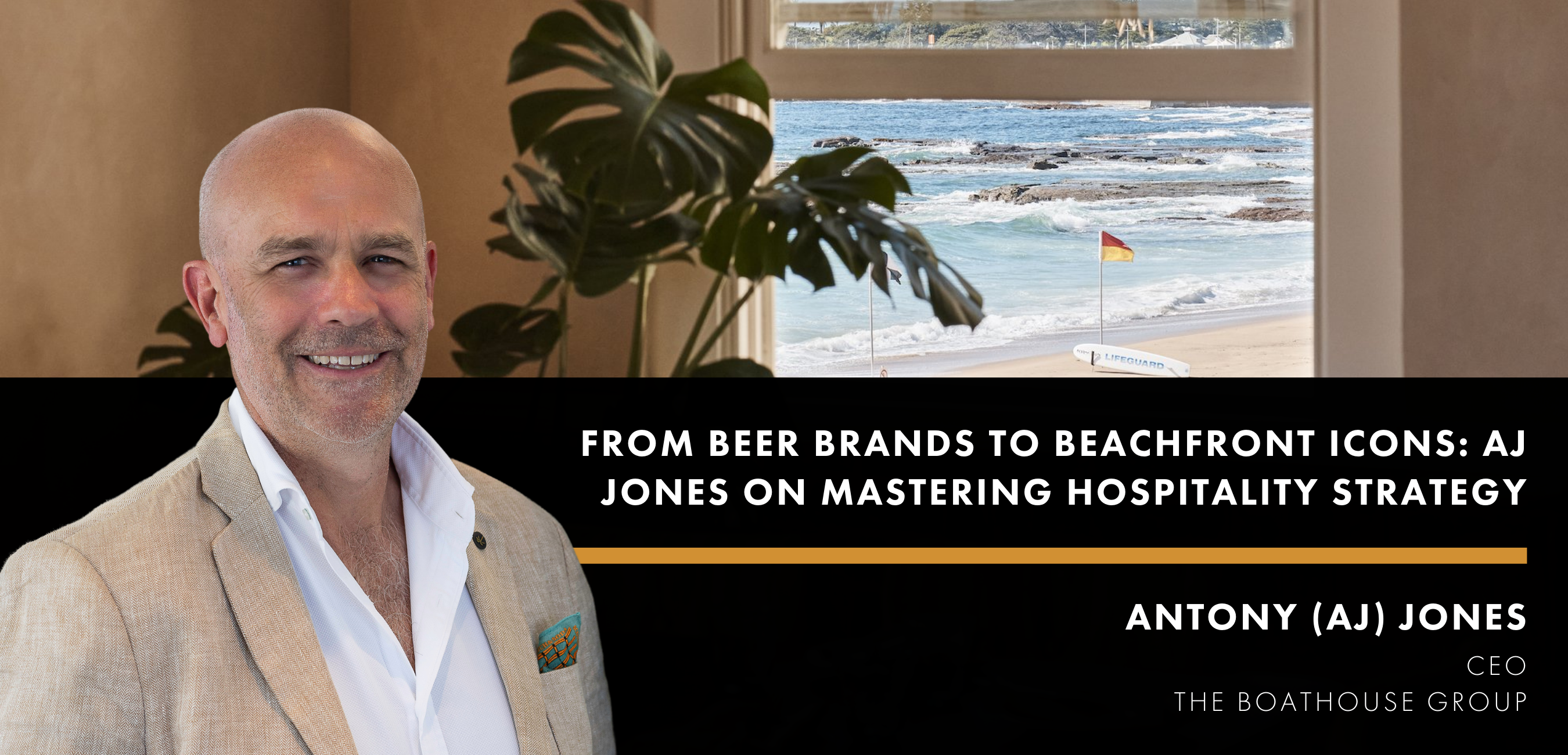Enhancing Efficiencies Through Technology.
Bastian Uber is the Chief Digital & Information Officer at John Holland, and was gracious enough to share his insights on how digitalization is crucial for much-needed improvement of operational efficiencies in the construction industry. Read our interview below:
FP: What has driven you to move up the ranks at John Holland these last four years?
BU:For me, since joining John Holland four years ago, I absolutely love the tangibility of what the company does and how it benefits our communities. I feel really proud when I point out that John Holland built infrastructure to my family and friends. My favorite example of that is the Victorian Heart Hospital, which is incidentally fairly close to my house. My family and I drive past that hospital every couple of weeks, and every time we do, I point it out to my children and say “John Holland is building that hospital, and that place will save people’s lives.” I’m sure they’re sick of hearing it by now, but every time I say it, it just makes me feel proud.
I’ve got a strong passion for what John Holland does and the benefits it delivers to the communities. On top of that passion, I just see the opportunities we have to advance our industry with new technologies and using data more effectively.
FP: You’re inching towards a full year in your position as Chief Digital & Information Officer, what are you most proud of so far?
BU: I’m particularly proud of the digital transformation agenda that we have devised and mobilized, and the support it has across John Holland from each of our executives. Often one of the hardest parts in a role like mine can be uniting the executives around the need for change, especially when it comes to adopting new technologies.
FP: What is your digital transformation agenda?
BU: We’ve got a really robust strategy, from deploying new enterprise systems, exploring emerging technologies, enhancing our data & analytics capabilities, and digitalization of our manual processes. Incidentally, each of our executives play a key role in that journey, whether they be a sponsor of one of those core initiatives or a strong advocate for allowing new technology to come into their line of business. I’m particularly proud of our IT team and the customer-centric focus we’ve cultivated at John Holland.
FP: What unique challenges in the industry are you excited to tackle in 2022?
BU: Being in IT, of course I have to make this answer IT-oriented. A big focus for us this year is around reviewing operational systems and the ability to have our project lifecycles supported in a primary core platform with a couple of functional systems integrated as required, and that’s actually very new for our industry. To be successful it will also require our company to align on standardised processes and way of working across our operational businesses ahead of a technology solution being deployed.While it’s a challenge, a primary core platform will allow us from early in the project lifecycle, for instance in the pre-contract stage, through to all of the operational management activities to be tightly knitted and seamlessly flow throughout the project phases without multiple manual handling of data.
FP: John Holland wants to “push boundaries to innovate,” how has your leadership supported that mission?
BU: From my role, it comes down to provisioning budgets to allow teams to try new things. One thing I really don’t like hearing is “that’s the way we’ve always done it,” it makes me cringe. It’s really important that we talk openly about change and cultivate a psychological safety for your people to feel empowered to experiment and try something new.
FP: Where do you think there is the most opportunity for the construction industry to embrace technology?
BU: I definitely think using technology to drive efficiencies, particularly cost and time benefits and safety on our projects. To be more specific, building an asset digitally, and using augmented reality can really assist with design efficiencies and safety considerations up front so you can make really educated decisions and make those decisions early between both the contractor and the client ahead of any physical builds. We’re also using machine learning and OCR (Optical Character Recognition) to read invoices and delivery dockets, which removes copious amounts of paperwork and allows for real-time data to flow into our systems. This data allows our progress reporting to be more accurate and timely.
FP: Why is digitalization crucial for the construction industry?
BU: We’ve seen technology and data embraced in most industries for a long time now, and I think if you’re not ahead of that curve, you’re not likely going to be competitive for too long. Right now in our industry, a huge concern is the increasing costs of materials and labor, so we have to find smarter and more efficient ways of designing and building our infrastructure to reduce time and cost.
FP: How is John Holland balancing technological advancements within the industry while keeping people “at the heart of our brand?”
BU: Simply put, people are and will remain at the heart of our brand, just look at our logo. An example of that is that John Holland just launched what we call a Multicultural Leave Exchange, which allows employees to swap public holidays for another day that is more culturally significant to them.Though we’ve got all of these exciting technological advancements at John Holland, people are actually at the crux of that. Digital transformations are all about augmenting people with new tools and timely data to make them more efficient, more informed, and safer.
The Future of Construction Summit
Bastian will be speaking at the Future of Construction Summit taking place on 4-5 May 2022. Following the success of the Future of Construction Summit in 2021, we’re pleased to partner with the Australian Constructors Association to deliver an expanded format in 2022. Combining a two-day conference with the annual Australian Construction Achievement Award, the Future of Construction Summit will bring together senior industry leaders to share ideas, learn and network.

